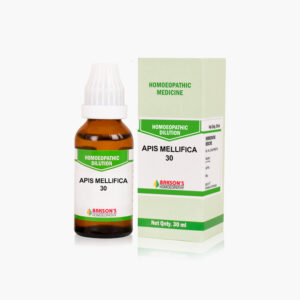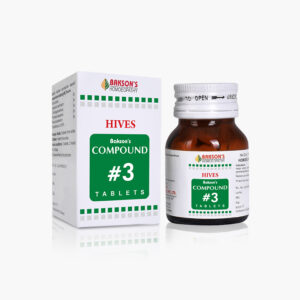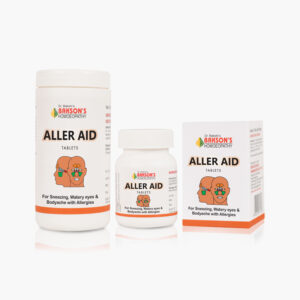What is Allergy?
Allergy is an exaggerated or pathological immunological reaction to substances, situations, or physical states that are without comparable effect on the average individual. It is an altered bodily reactivity, such as hypersensitivity, to an antigen in response to exposure.
“What is food to one man may be fierce poison to others” – Lucretius, 1st Century B.C.
Causes
Genetic, environmental and site-specific factors contribute to the development of allergy. The major environmental factors are alterations in exposure to infectious diseases in early childhood, environmental pollution, allergen levels and dietary changes. Atopy is the genetic tendency to develop allergic diseases. When atopic individuals are exposed to allergens, they develop an immune reaction causing symptoms in-
- Nose and/or eyes: Allergic rhinitis or conjunctivitis
- Skin: Eczema or hives (urticaria), Atopic dermatitis, Angioedema
- Lungs: Asthma, Allergic Bronchopulmonary Aspergillosis
- Musculoskeletal system: Arthritis, Myalgia
- Gastrointestinal system: Gastritis, diarrhoea, peptic ulcers.
A wide variety of substances can act as an allergen; most common ones are-
- Pollen
- Dust Mites
- Molds
- Animal dander
- Latex
- Certain foods like shellish, peanuts, milk, soy, wheat and tree nuts.
- Insect stings
- Cosmetics and perfumes
- Sunlight or UV rays
- Certain medications
- Dust and pollution, etc.
Signs and Symptoms
An allergy can manifest according the part of body affected-
- Allergic rhinitis or hay fever is the most common allergic disease and is caused by exposure to allergens like dust mite, animal dander, mold, etc. The most common symptoms include- runny nose, stuffy nose, sneezing, postnasal drip, itchy nose, ears and throat.
- Asthma is the inflammation and hyper-reactivity of the airways causing recurrent reversible constriction triggered by viral infections, exercise and allergens. Common symptoms are shortness of breath, wheezing, coughing, tightness of chest, etc.
- Conjunctivitis or the inflammation of conjunctiva of the eye can result from allergen exposure and present with symptoms like redness of the eyes, watery and itchy eyes, swelling of the membranes, etc.
- Atopic dermatitis or Eczema is caused by direct allergen exposure presenting with dry skin, itching, with redness which can involve any part of the body.
- Urticaria or hives are skin reactions which present with red, raised itchy welts that resolve in a few hours or a day, itching and swelling. It can affect any part of the body. Acute urticaria is often in response to food, contact with animals or medication. On the other hand, chronic urticaria are rarely allergic.
- Anaphylaxis is a life-threatening allergic reaction which affects multiple organs at once due to dilation of blood vessels resulting in a significant drop in blood pressure. Allergens that may cause an anaphylaxis are foods, medications and bee stings (venom). It presents with itching or flushing, nasal congestion, runny nose, itching in eyes, swelling in throat and of tongue, nausea, vomiting, diarrhoea, shortness of breath, cough, wheezing, low blood pressure leading to faintness and shock.
Diagnosis
It is mainly clinical, but allergy testing with the help of skin prick tests and blood tests can help in confirming or ruling out allergies. Allergy should be differentiated with other conditions with similar symptoms like Vasomotor rhinitis.
Management
Management includes avoidance of known allergens and medications as prescribed by the doctor and immunotherapy.
Warning: Above information provided is an overview of the disease, we strongly recommend a doctor’s consultation to prevent further advancement of disease and/or development of complications.
Disclaimer: The information provided herein on request, is not to be taken as a replacement for medical advice or diagnosis or treatment of any medical condition. DO NOT SELF MEDICATE. PLEASE CONSULT YOUR PHYSICIAN FOR PROPER DIAGNOSIS AND PRESCRIPTION.



 Login
Login










